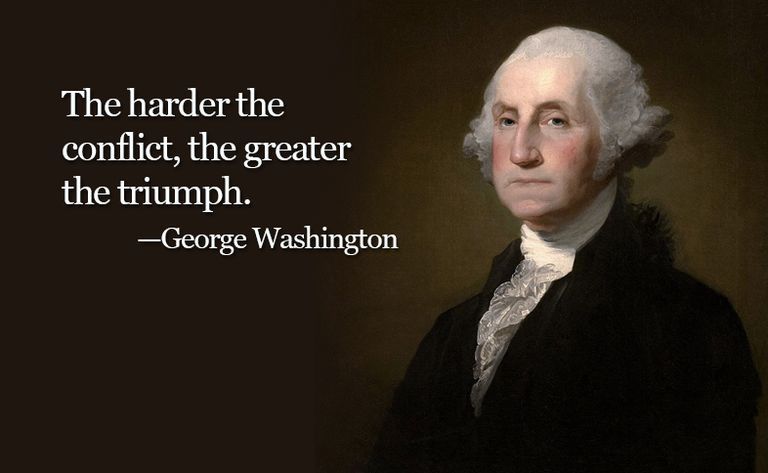Would you like to have some fun tomorrow, real fun at no cost whatsoever? As the day begins, ask the Lord to put someone in your path before sundown who is discouraged, someone downhearted, someone who needs a lift and isn’t expecting to get one.
Ask the Lord, further, to help you recognize such a person when you encounter one. Then pray for the wisdom to make intelligent use of the power that is available to every one of us at all times: the amazing power of the unexpected, spirit-lifting compliment.
You may be sure that these prayers will be answered because they are the kind of prayer the Lord likes. If you ask him to send you one person you can help, he is likely to send you a dozen.
For example, I prayed like that one morning. Later, as I was buying a pair of shoes, the young clerk looked worried and depressed. So as he wrote up the sales ticket I said, “I’ve been watching you write that slip. I’m impressed by how beautifully formed your letters are.”
He looked up in surprise. “No one ever told me that before.” A little smile crossed his face, his shoulders straightened, his whole attitude changed. As I left the store, he waved to me. Now, it was a very simple remark, based on the fact that he did have nice handwriting. But it not only boosted his morale, it also gave me a lift that lasted the rest of the day.
The need for appreciation is as universal and as basic as the need for food and shelter. Sometimes the most assured and competent people may be starved for it because those around them are likely to assume that they don’t hunger for a word of praise.
I remember being in New York’s Grand Central Station during rush hour one hectic afternoon. As I approached the information booth, dozens of impatient travelers were jostling for position and firing questions. The man in the booth remained perfectly composed, answering queries one at a time, always with his eyes fixed on the questioner.
When my turn came, during a brief lull, I said to him, “You certainly have a stressful job, but you don’t seem to get flustered. How do you manage to stay so calm? I think it’s remarkable.”
He said, “I do it by concentrating on one person at a time and screening out all other distractions until that person’s question is answered. It’s just a matter of focus, really. But it’s kind of you to notice and to ask me about it. People seldom do.”
People seldom do, no doubt, because all of us are busy and hurried and preoccupied with our own affairs. But the habit of offering the unpremeditated compliment is one of the easiest in the world to acquire. And one of the most rewarding.
Opportunities surround us. If you’re served by a cheerful and friendly waitress in a restaurant, it costs nothing to tell her that her attitude makes the food taste better. If on your way out you pass a busboy staggering under the weight of a tray loaded with soiled dishes (surely an uninspiring job), a lighthearted remark (“I can see who does the hard work around here!”) may leave him a bit startled, but also pleased.
I know a woman who is fortunate enough to live in a town where police officers patrol on foot. She tells me that when she encounters one, she tries to remember to say with a smile, “I’m certainly glad to see you here making life safer for us.” She always gets a smile in return.
Of course, a compliment doesn’t have to be entirely unplanned; a studied one can be effective too. I once knew a courtly old gentleman in a southern town who was very popular with the local ladies. It was fun to walk down the street with him, because if he met one he was likely to say, “My dear, you get prettier every day, and today you’re just as pretty as you’ll be tomorrow!”
I noticed too that he usually reserved this rather flowery greeting for ladies who were on the plain side—his way, no doubt, of piling up credits in heaven, where I’m sure he now is.
Mastering the art of the unpremeditated compliment may not bring instant fame or fortune to anyone, but it’s important all the same. It’s important because when you practice it you are weaving a little invisible web of communication and caring between yourself and another of God’s children, “I’m aware of you,” you’re saying, “I know you’re there. You may be feeling a little down or discouraged, but even so, you’re doing some things right, and I’ve noticed, and I admire you for it.”
Receiving that message will give pleasure and reassurance to someone. Sending it will generate a sense of warmth and well-being within yourself. Why not try to find such words and put them to work before the sun goes down today?
For more inspiring stories, subscribe to Guideposts magazine.




